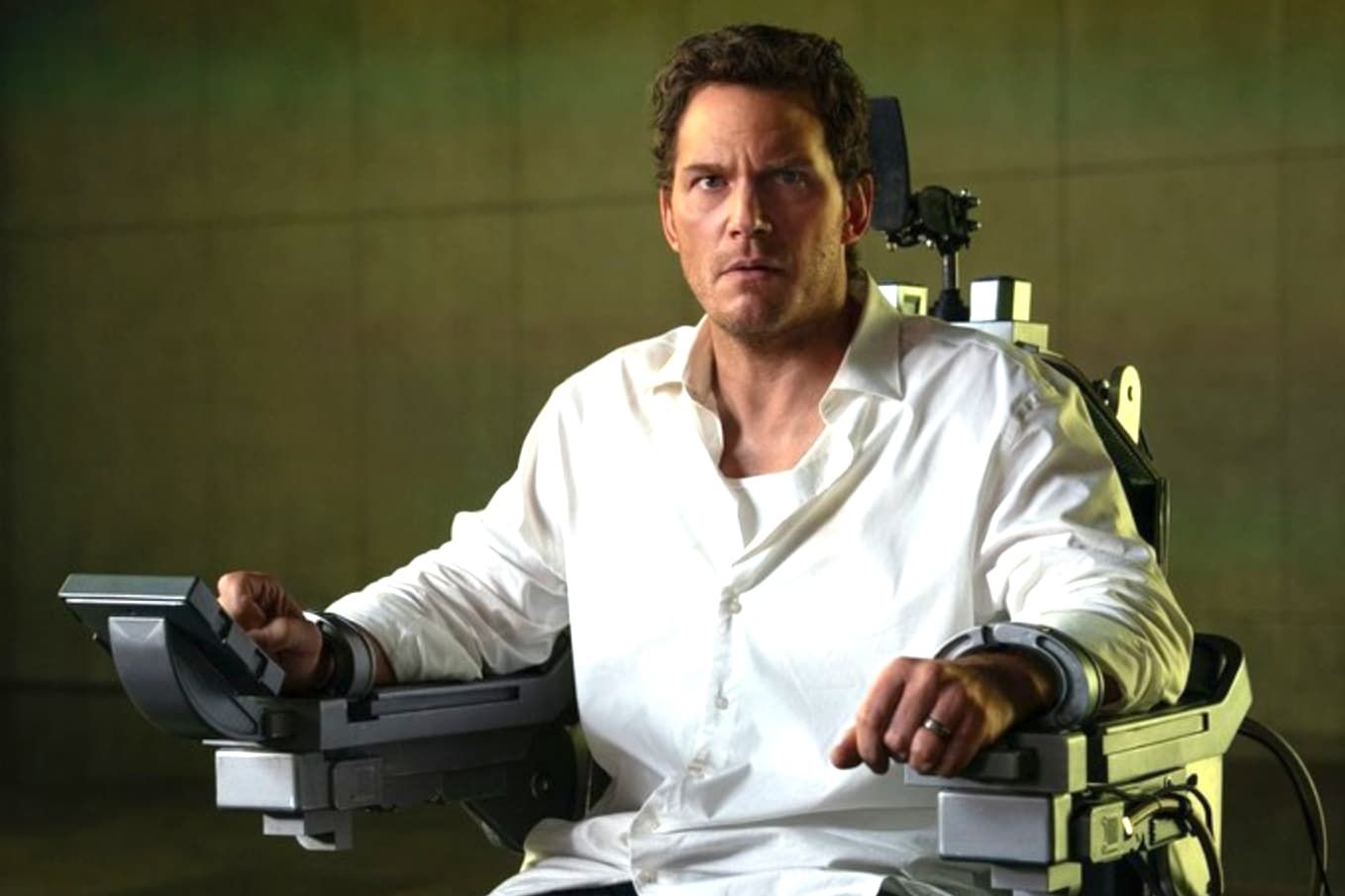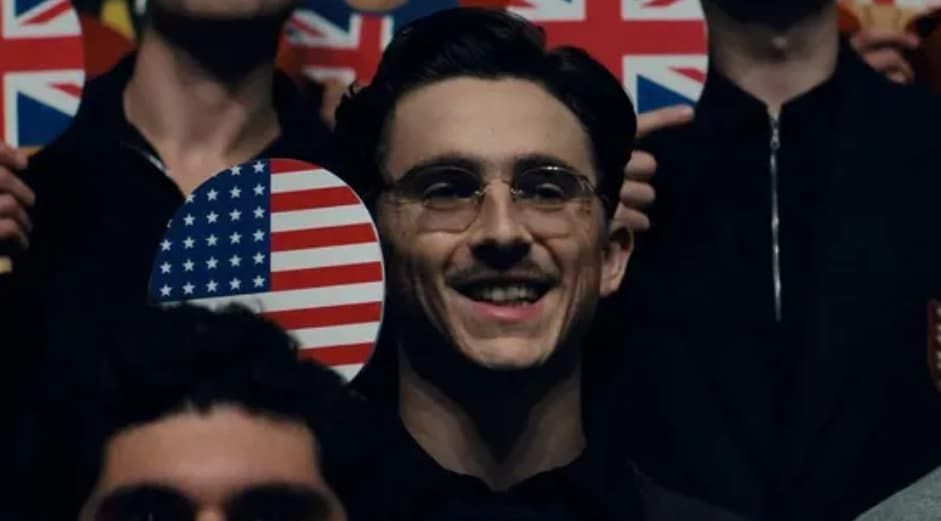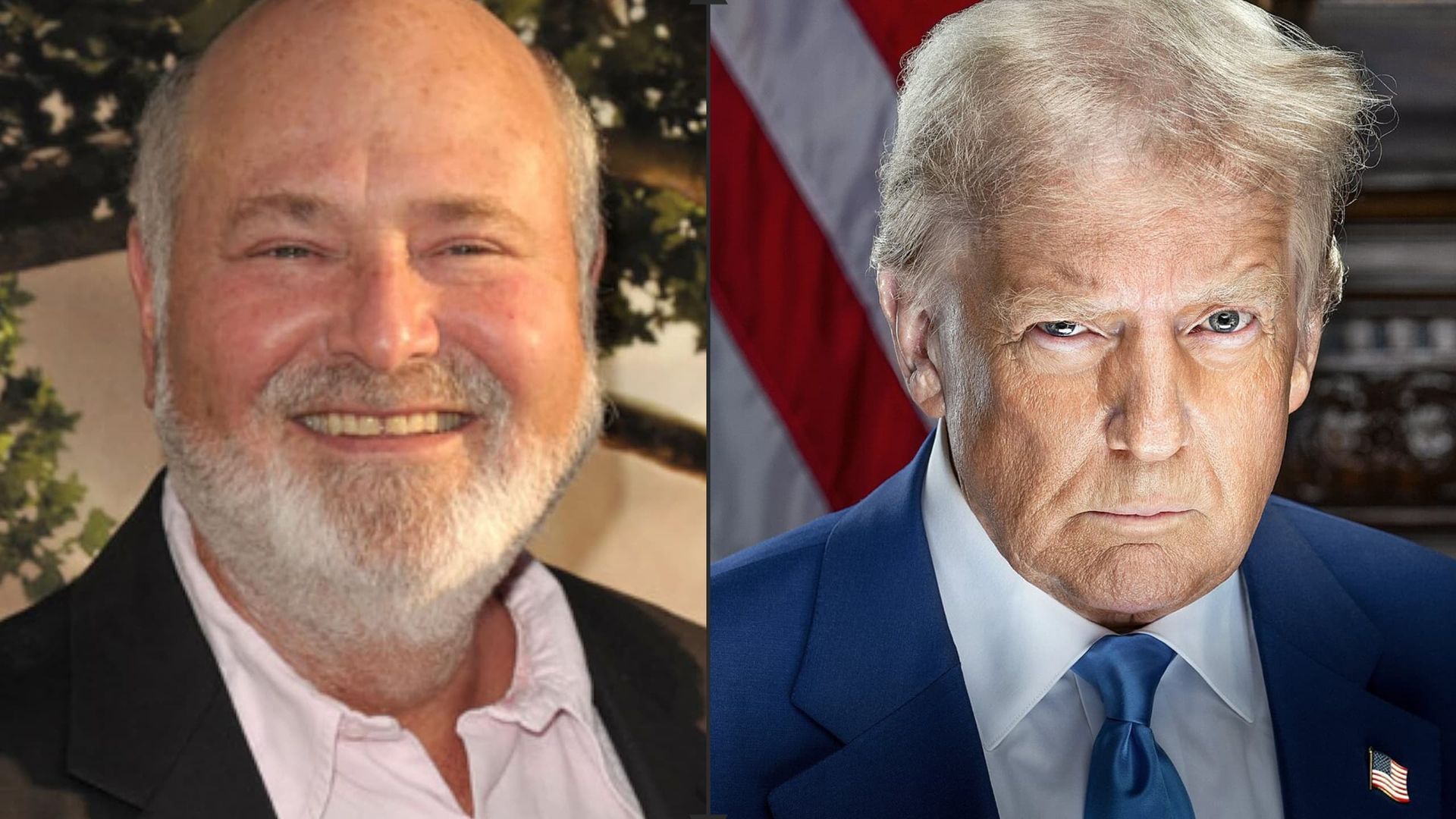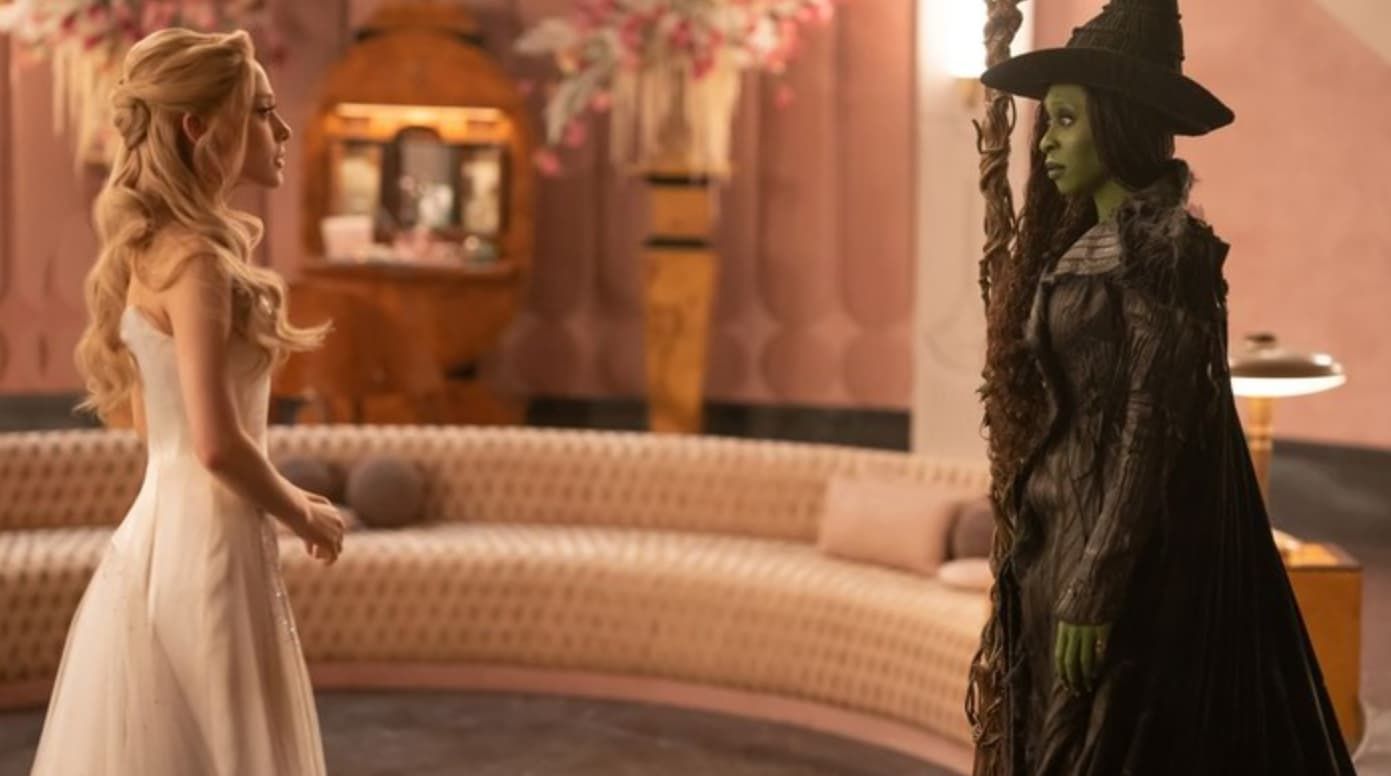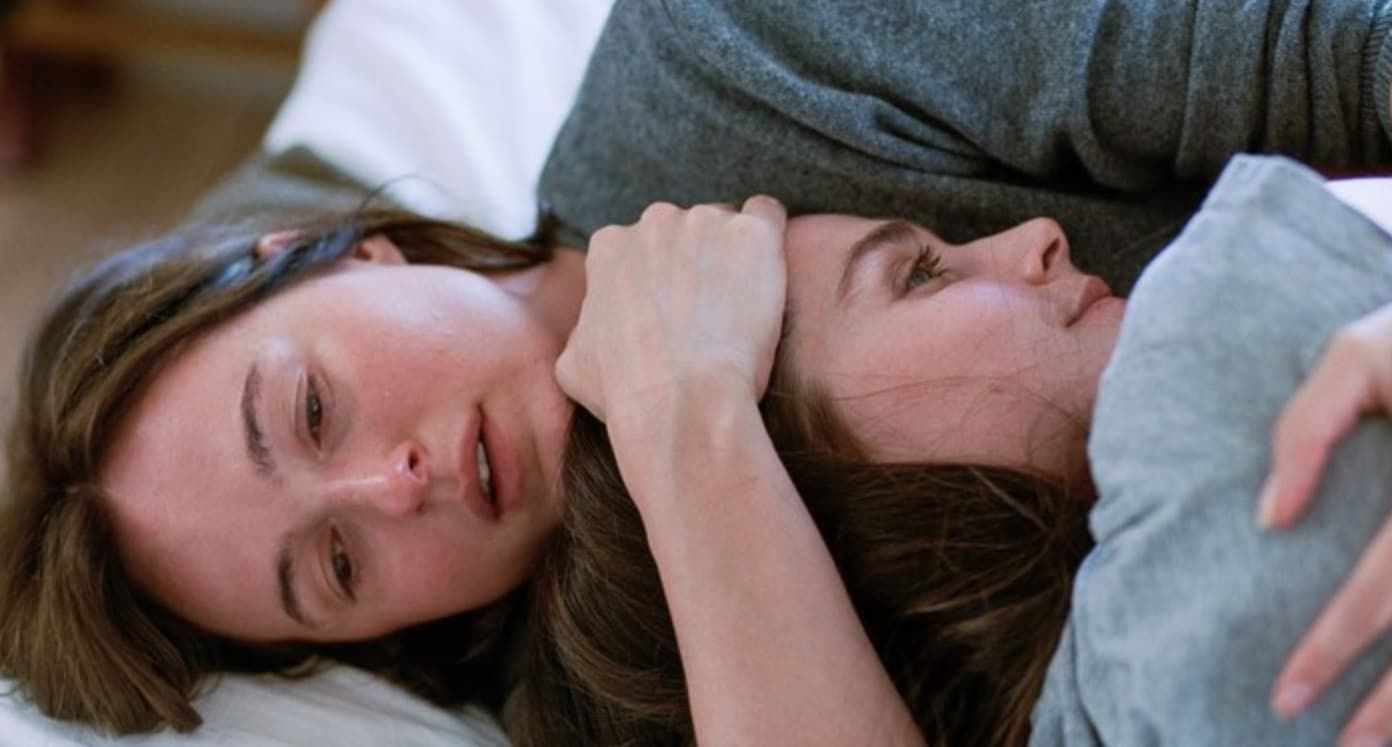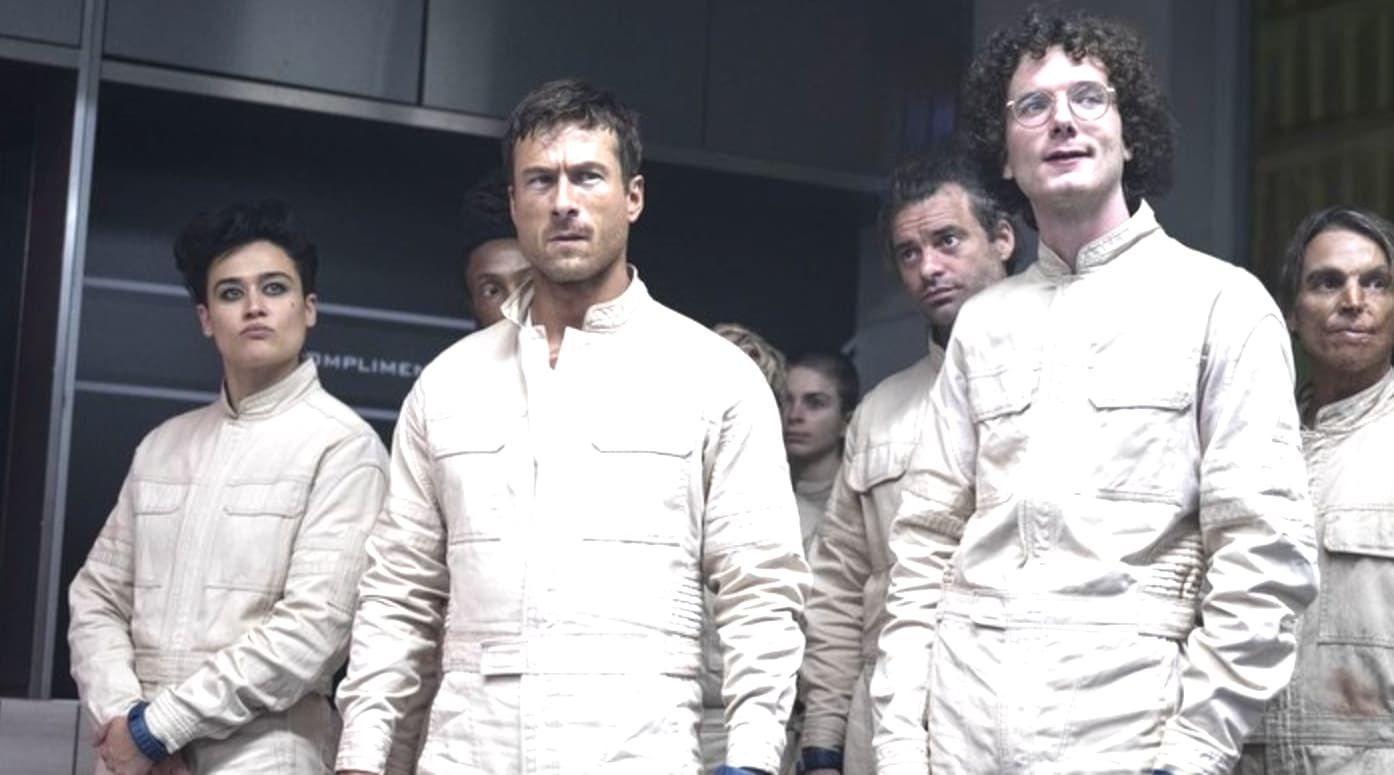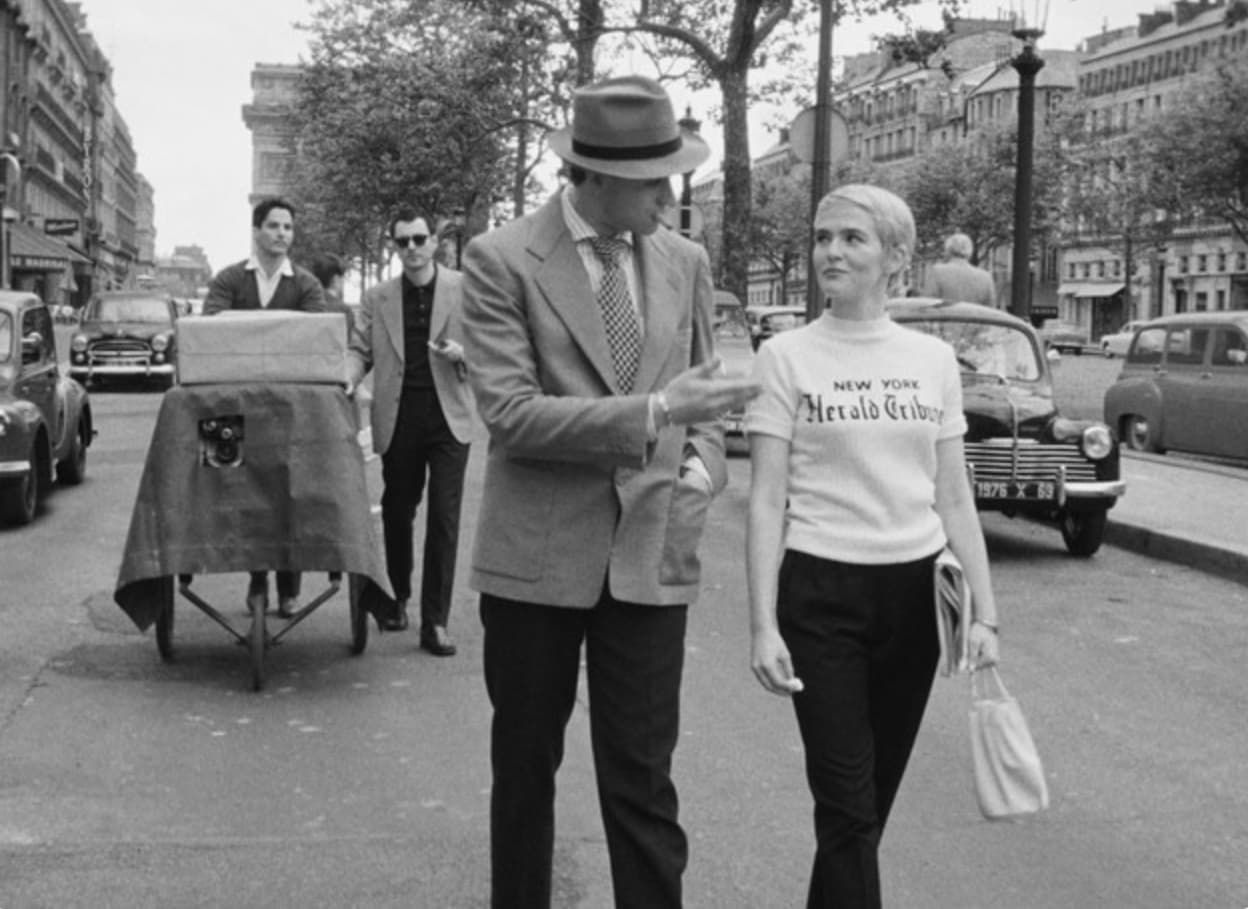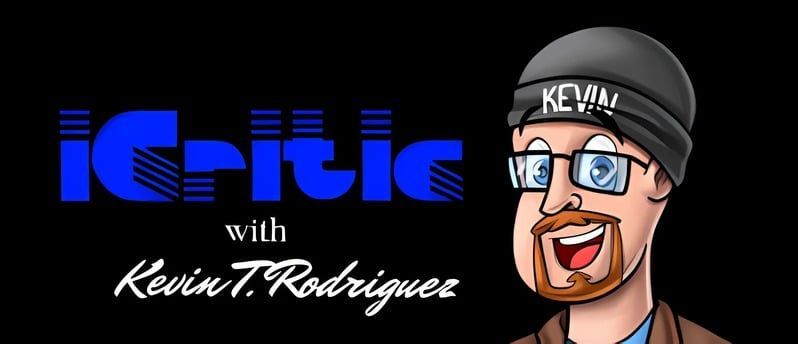In Memoriam: Diane Keaton
Kevin Rodriguez • October 12, 2025
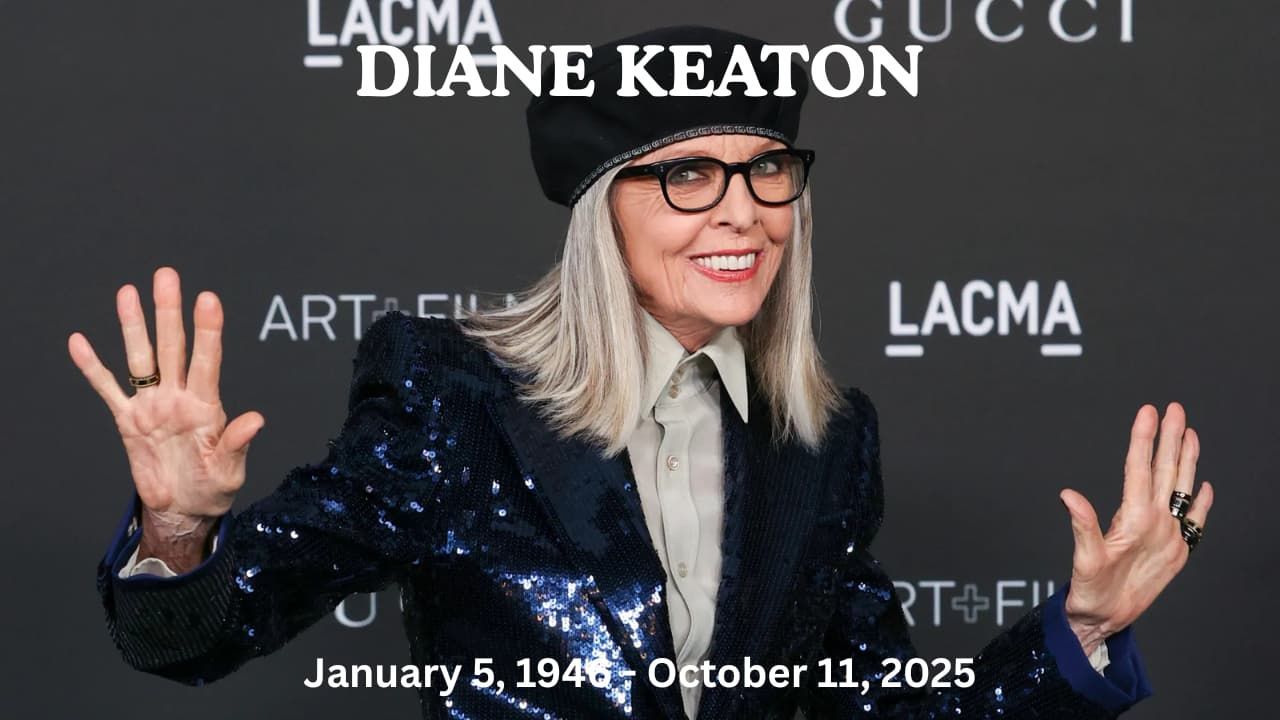
One of the most famous scenes in movie history is early on in Woody Allen’s “Annie Hall,” where Allen’s character Alvy is meeting the title character for the first time, played by Diane Keaton. The scene involves the two characters making small talk that is leading up to being flirtatious. Annie is trying to converse with Alvy, who is awkward and not much of a socializer. He does respond though, and when the conversation starts heading in a predictable direction, she embarrassingly points it out while saying “oh well…la dee dah, la dee dah.” It is a moment of pure cinema magic as we see a woman who is realizing she is blowing her chance to impress a man but trying to stay positive regardless.
It is the scene that made Diane Keaton one of the most lovable actresses in Hollywood. No, it didn’t make her a star, because she already was one. Before she won her Academy Award she played the love interest in movies such as “The Godfather” and “Play it Again Sam” (also with Woody Allen). While most actresses would have played these parts straightforward and thankless, Keaton brought a complexity to these roles that was rare. Whether she was the lead or a supporting character, Keaton brought life to the movies that shocked even some of the directors she worked with.
While “The Godfather” may be famous for the “I’m going to make him an offer he can’t refuse scene,” who isn’t shook to their core at the final shot of Kaye (Keaton) looking into her husband’s office as the door closes, realizing what kind of life she has married into. In Warren Beatty’s “Reds,” we can understand how an educated woman who is trying to advance feminism could find herself in a love triangle with two very different (but equally intelligent) men. When Diane Keaton was in a drama, her performance was so powerful you could not take your eyes away from her face, as she spoke volumes with her silence in many classic cinema.
Aside from her dramatic performances, she also played comedy and made it look effortless. Her most famous comedic roles were playing Nina Banks, wife to Steve Martin in “Father of the Bride,” where she is the anchor to George Banks neurotic personality. In “The First Wives Club,” she plays one of three women who decide to take revenge on their ex-husbends after they left them for younger women. She was easy to root for because, well, anyone who decides to leave a great woman like Diane Keaton DESERVES what’s coming to them! Even as Keaton aged she aged gracefully. When she starred in “Something’s Gotta Give” she not only caught the attention of both Jack Nicholson and Keanu Reeves, her brief nude scene showed that even in her sixties, she still had the goods.
In real life, she was seen publicly as a force of nature with a good heart and a smile to die for. Aside from when you defended some of her friends in high profile scandals, Keaton rarely waded into politics and was more interested in discussing the movies she was in. It’s not that she was a particularly private person, only that she loved the art of film, and she wanted to discuss it whenever she had the chance to. She loved the industry so much, many didn’t realize she was also a part time producer and director.
In fact, fans of “Twin Peaks” – the famous show created by David Lynch – may be surprised to discover that she directed one of the episodes in season two, as well as directed the television movie “Wildflower.” Despite her involvement, she did not cameo in either project, wishing to put the spotlight on her work rather than on herself. When she did receive accolades, she accepted them with a mix of embarrassment and joy, clearly happy to be honored while also wondering how it was she even got their in the first place. On screen and off she was the living example of grace and joy.
The more actresses are hired in Hollywood for their looks and star power, the chances of us getting another Diane Keaton – who graces the screen with maturity and power – is getting more rare every day. Chances are is she could read articles like this, she would be humbled yet embarrassed once more; she would clearly think that she wasn’t worth all of the fuss. For as much as she felt she was just doing her job, she was leaving a mark on our hearts that would never be forgotten, and as gracefully as she came onto the scene, so too does she gracefully leave us, with nothing but her work for us to now enjoy for all time.
And that brings us back to “Annie Hall,” arguably her most iconic performance of all time. She was once asked if the movie was based on her relationship with Woody Allen. Her response was "It's not true, but there are elements of truth in it." That may be why we connect with her performance so much: Annie Hall is not her, but there are elements of her in that performance, which is why we feel we know her when the film is over. For me, there is no greater gift to the audience than for an actor to be given a role such as this one.
Recent Posts


